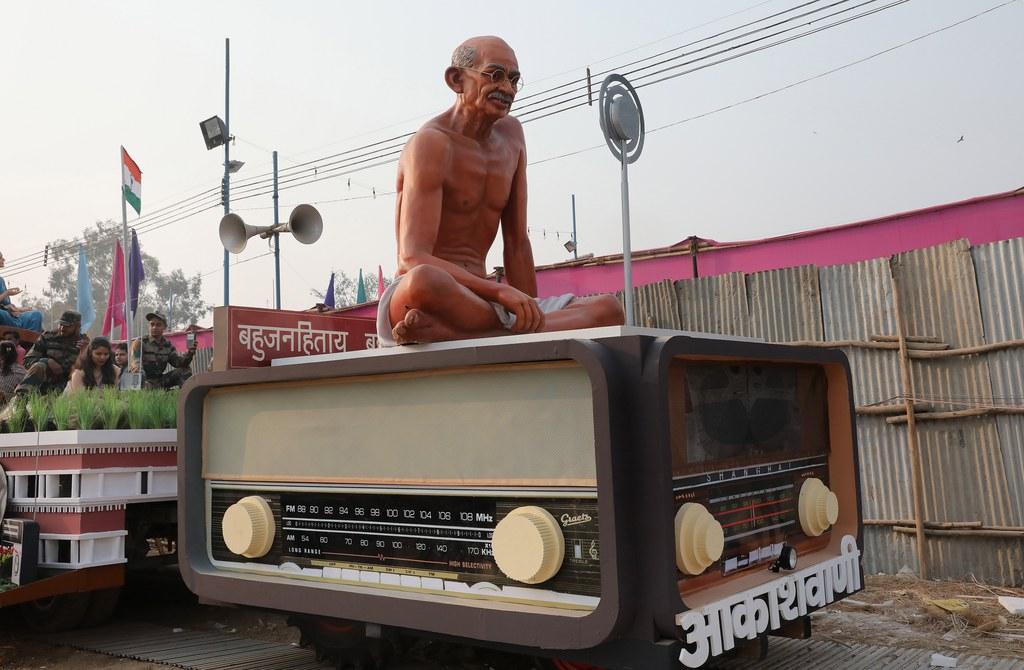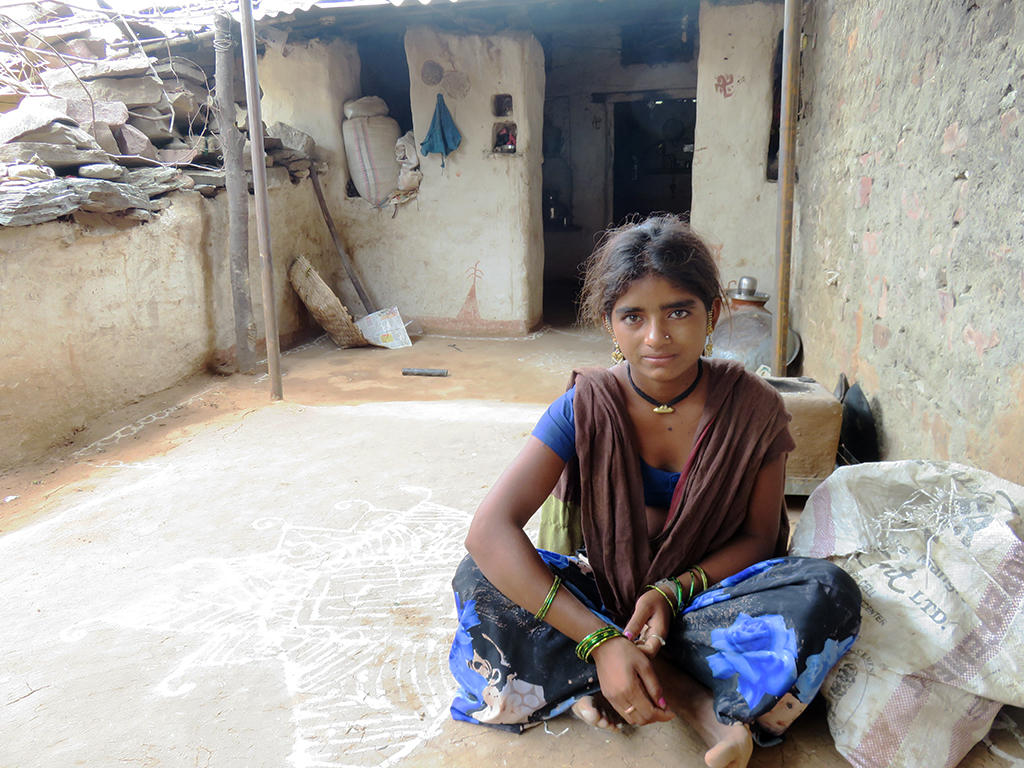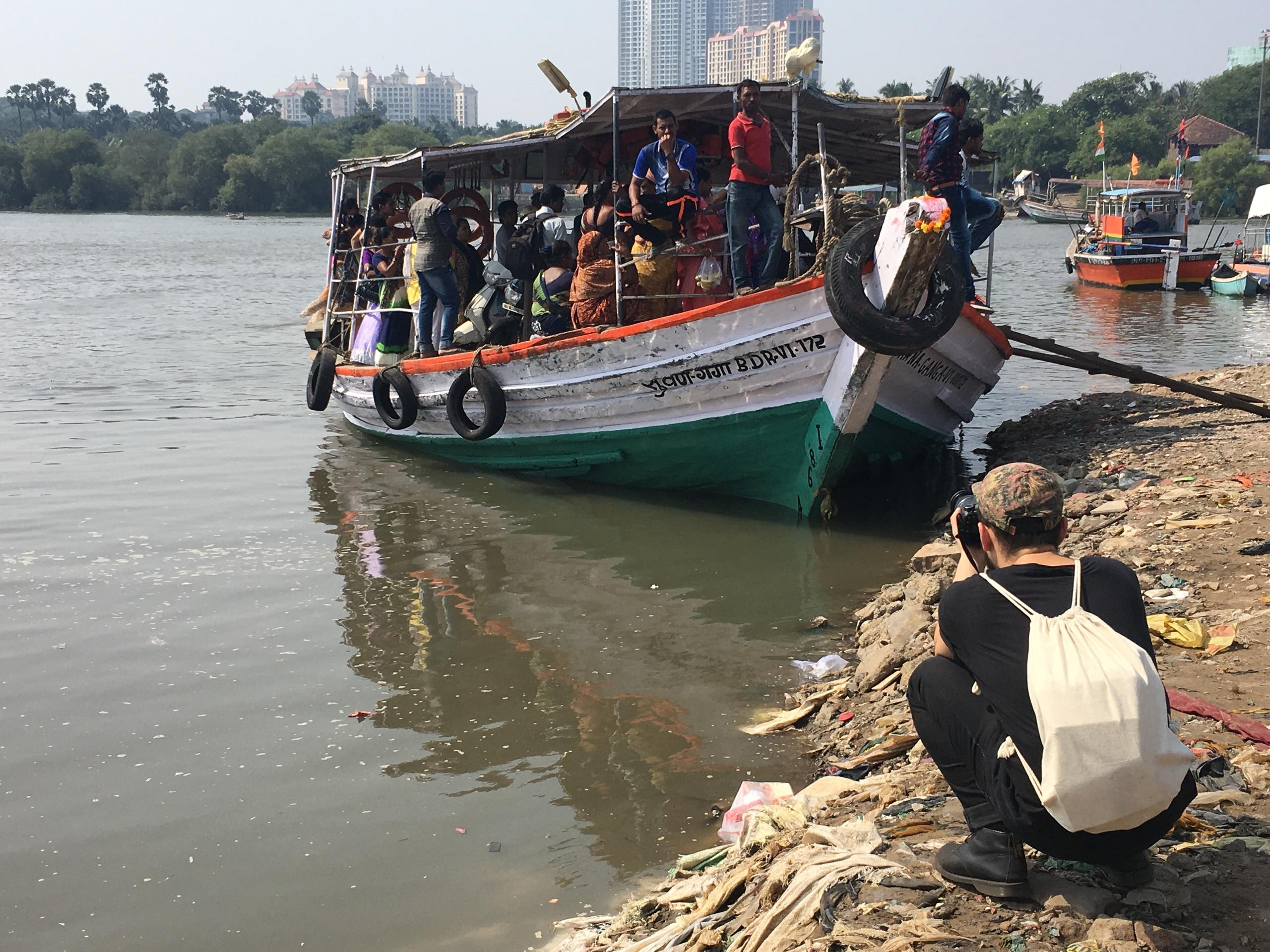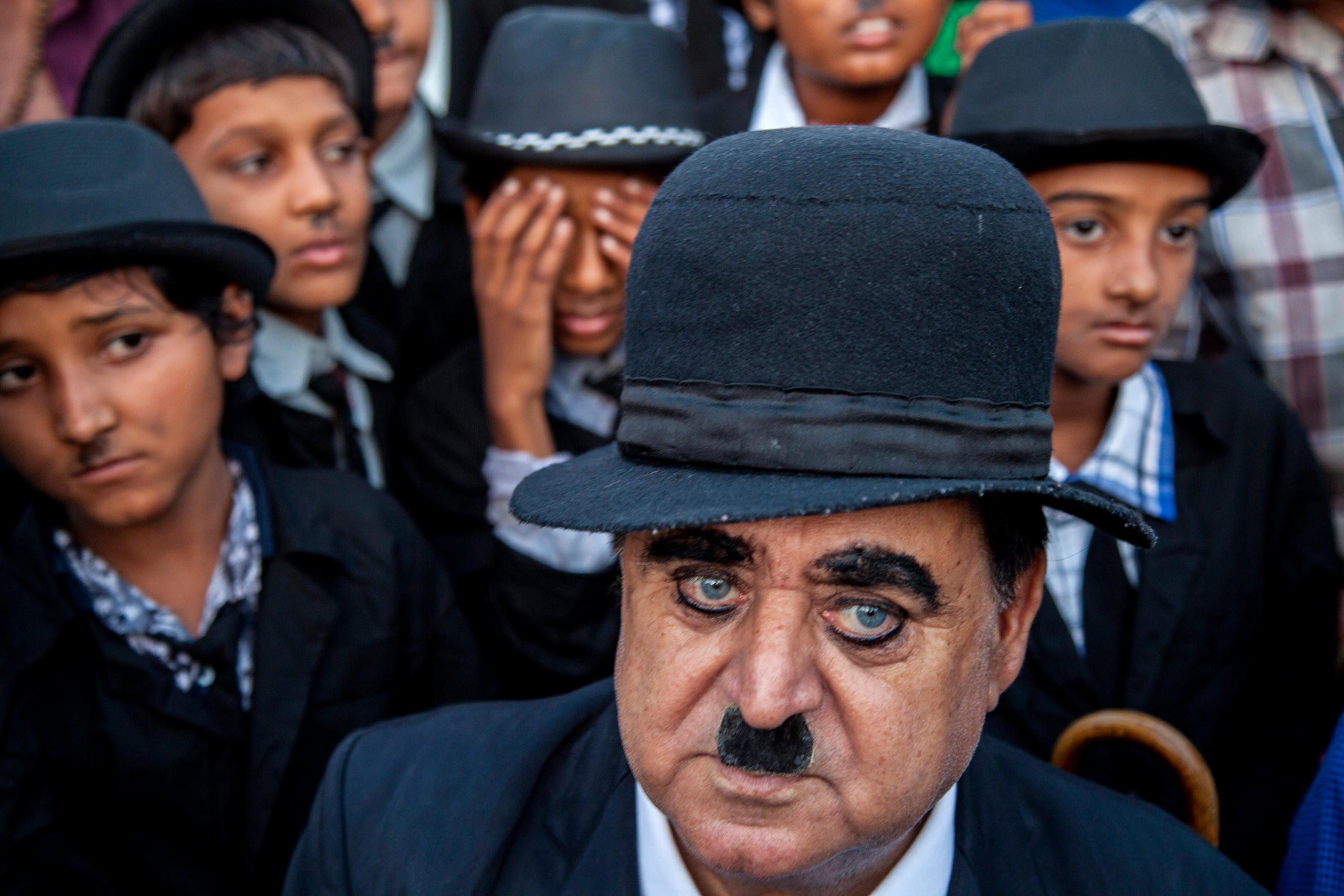Prasar Bharati: India’s public broadcaster

With 67 television studios and 420 radio stations, Prasar Bharati, which is an autonomous body, is one of the largest public service broadcasting corporations in the world.
Prasar Bharati, India’s public service broadcaster, was set up by an Act of Parliament in 1997. It runs the national television and radio networks Doordarshan (DD) and All India Radio (AIR) respectively. It is administered by the Prasar Bharati board, which is tasked with fulfilling the broadcaster’s statutory mandate of informing, educating and entertaining the public while promoting ideas of national integration.

More
How the world’s countries provide public media
Content and reach
Prasar Bharati is mandated to provide content that serves the human development needs of India’s opportunity-deprived population. Therefore, a substantial part of its programming relates to education, health, agriculture, women’s issues and so on.
However, the share of commercial entertainment in DD’s content pie has been growing in recent years due to a need for advertising revenue. Most of DD’s content is outsourced while AIR generates most in-house.
Prasar Bharati’s radio and television arms have phenomenal reach and penetration. AIR has a reach of 99.2% of the country’s 1.3 billion population. DD, with its 1,416 terrestrial transmitters, has a potential reach of 90% of the population. However, both arms of the public broadcaster are plagued by lacklustre programming, which is the primary reason for its falling numbers of listeners and viewers. According to a 2014 government-sponsored report, DD’s viewership was down to just 8% of the television-viewing audience, with even poor rural households having mostly switched to satellite television.
The only times DD and AIR witness a spike in audience are when they broadcast big-ticket events such as cricket matches or the prime minister’s popular monthly radio address to the nation, Mann Ki Baat. However, AIR scores over the private radio players in the country’s remote areas where FM signals do not have sufficient penetration.
Funding and independence
Prasar Bharati is funded primarily by the state and does not earn any licence fee. It generates some revenue of its own, although this falls far short of its budgetary needs. For example, in 2016-17, the government’s grant to Prasar Bharati was INR3156 crore (CHF488.3 million). The same year, the total revenue earned by DD and AIR was only INR1282 crore (CHF198.4 million). In recent months, there has been a proposal to corporatise Prasar Bharati and this could have an impact on the broadcaster’s funding model.
While the law grants full autonomy to the public broadcaster, its board needs the approval of the Ministry of Information and Broadcasting on matters such as new projects, recruitment, creation of new posts, and sale or mortgage of assets. This has sometimes led to friction between the board and the government, over alleged undue interference. Other concerns such as members of the board being political appointees and the top bosses of both DD and AIR being senior bureaucrats, have been raised.

In compliance with the JTI standards
More: SWI swissinfo.ch certified by the Journalism Trust Initiative












You can find an overview of ongoing debates with our journalists here . Please join us!
If you want to start a conversation about a topic raised in this article or want to report factual errors, email us at english@swissinfo.ch.